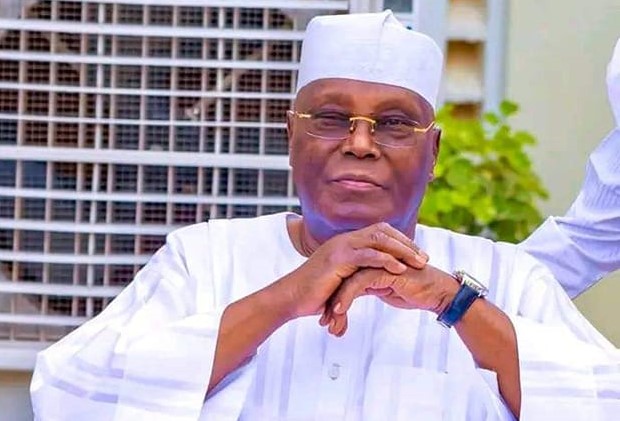ASHENEWS reports that former Vice President Atiku Abubakar has advised state governments against “exerting influence in distorting the modalities of enthroning traditional stools.”
Atiku gave the advice in a tweet on his X handle @atiku on Tuesday night.
According to him, “…the country is seeing a growing tendency of state governments exerting influence in distorting the modalities of enthroning traditional stools…”
“Traditional institutions must be protected from the arbitrariness of state governments that threaten their stability.”
Atiku observes that “When the structure of ascension of traditional rulers is unstable, it will become equally difficult to maintain peace and orderliness in communities.”
He, therefore, called for “constitutional reform that will not just recognize traditional institutions in our body of laws but also define the responsibilities of their offices.”
ALSO READ Sultan: Sokoto govt replies, Shettima, MURIC [FULL TEXTS]
Read the full tweet below:
Recent developments in the country has seen a growing tendency of state governments exerting influence in distorting the modalities of enthroning traditional stools.
It is a reality that stares us in the face from every corner of the country.
While it is understandable that the institutions of traditional rulership is in the exclusive purview of the state government, although through the local government authorities, it must be established that traditional institutions constitute a component of our governance structure.
And thus, traditional institutions must be protected from the arbitrariness of state governments that threaten their stability.
When the structure of ascension of traditional rulers is unstable, it will become equally difficult to maintain peace and orderliness in communities.
Although our constitution, in its current format, does not ascribe any recognition to traditional institutions, yet our experiences show clearly that they perform enormous roles in the economic life of their domains, as well as maintenance of peace and security in communities.
I wish to remind that the traditional institutions formed the governance structures before the advent of the colonialists. And they governed well. Consequently, they are institutions we must protect and preserve and not destroy.
It is, therefore, on this basis that I lean towards the advocacy that calls for constitutional reform that will not just recognize traditional institutions in our body of laws but also define the responsibilities of their offices.
This reform is even more important in view of the collective drive to stem the ugly tide of terrorism and sundry security challenges at the local levels.
In conclusion, I must also appeal to state governors to accord the necessary respect to the offices of traditional institutions. The customs that our traditional rulers represent is the totality of our heritage as a people. -AA


